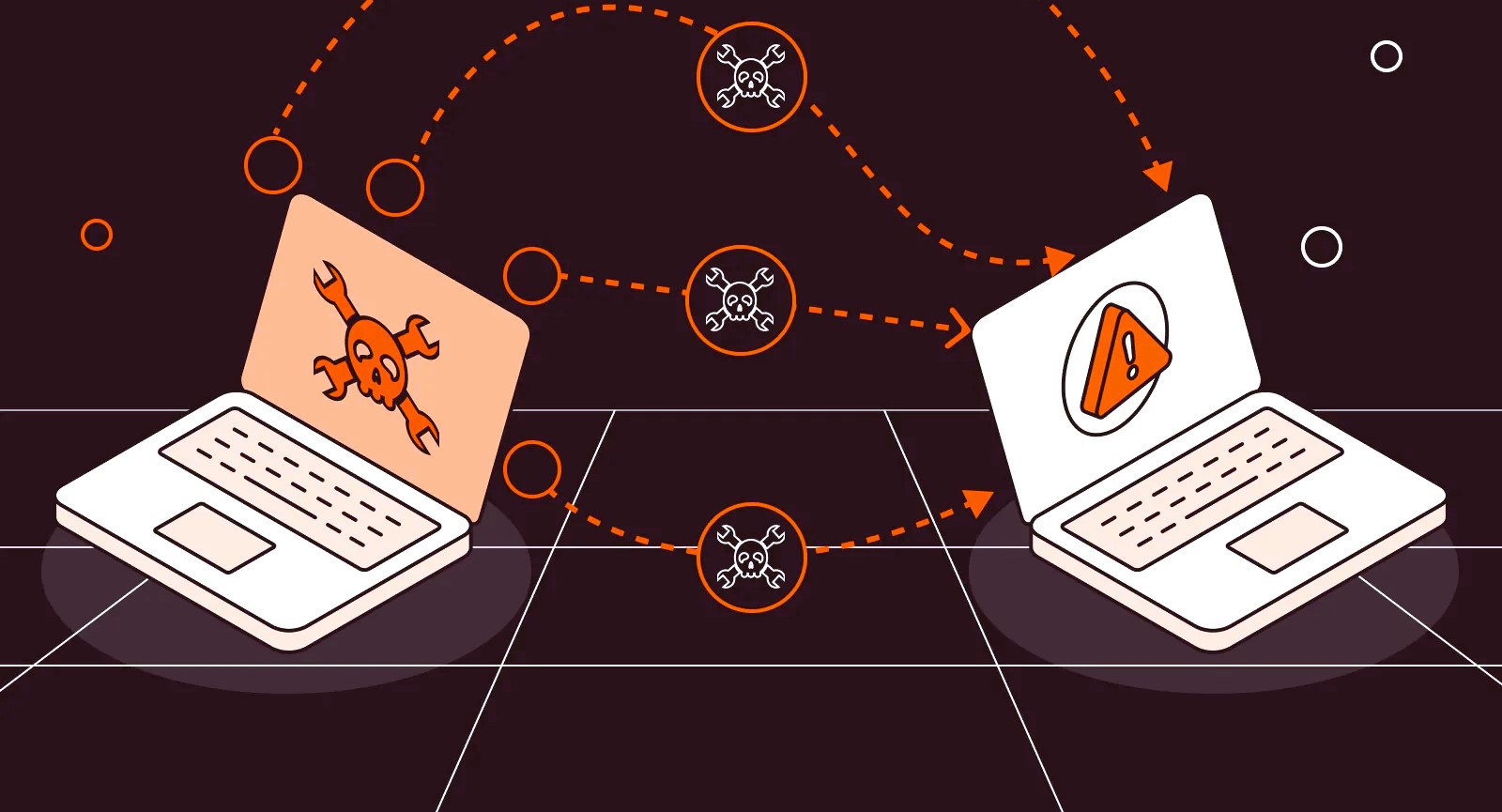Protecting your Minecraft server from Distributed Denial of Service (DDoS) attacks is crucial to ensuring uninterrupted gameplay and maintaining a stable online environment for your players. DDoS attacks can disrupt server operations, causing downtime, latency issues, and potential data breaches. Implementing robust security measures is essential to safeguard your server against these malicious attacks. Here’s a comprehensive guide on how to secure your Minecraft server from DDoS attacks.
Understanding DDoS Attacks
DDoS attacks involve flooding a server with a large volume of malicious traffic, overwhelming its resources and causing it to become inaccessible to legitimate users. Minecraft servers are prime targets for DDoS attacks due to their popularity and the potential impact on gameplay experience. Attackers may target servers to disrupt gameplay, extort server owners, or gain a competitive advantage in multiplayer environments.
Implementing DDoS Protection Measures

1. Choose a Reliable Hosting Provider
Start by selecting a reputable hosting provider with robust DDoS mitigation capabilities. Look for providers that offer dedicated server hosting or Virtual Private Servers (VPS) with built-in DDoS protection services. These providers often have advanced network infrastructure and mitigation techniques to filter out malicious traffic before it reaches your server.
2. Enable Network-Level Protection
Configure network-level protection mechanisms to mitigate DDoS attacks effectively. Implement firewall rules, rate limiting, and traffic filtering to block suspicious or anomalous traffic patterns. Utilize Intrusion Detection Systems (IDS) or Intrusion Prevention Systems (IPS) to monitor and block malicious activities in real-time.
3. Use Content Delivery Networks (CDNs)
Integrate a Content Delivery Network (CDN) to distribute server resources geographically and absorb DDoS traffic. CDNs cache server content and serve it to users from multiple distributed points of presence (PoPs), reducing the impact of DDoS attacks by distributing traffic across a global network infrastructure.
4. Deploy DDoS Protection Software
Install and configure specialized DDoS protection software or appliances designed for Minecraft servers. These solutions analyze incoming traffic, detect DDoS attacks in real-time, and automatically mitigate them by diverting or filtering malicious traffic away from your server. You can find out how to install and use mods on your Minecraft server here.
5. Implement Rate Limiting and Traffic Shaping
Enforce rate limiting and traffic shaping policies to control the volume and frequency of incoming requests to your server. Limit the number of connections per IP address, throttle bandwidth for non-essential services, and prioritize legitimate traffic to maintain server performance during DDoS attacks.
Strengthening Server Security
1. Keep Software and Plugins Updated
Regularly update Minecraft server software, plugins, and operating system patches to address security vulnerabilities and mitigate potential attack vectors. Configure automatic updates or monitor official channels for security advisories and patches released by developers.
2. Use Strong Authentication and Access Controls
Implement strong authentication mechanisms, such as multi-factor authentication (MFA), for server administration and player accounts. Enforce strict access controls by limiting administrative privileges and regularly auditing user permissions to prevent unauthorized access.
3. Harden Server Configuration
Harden server configuration settings to minimize exposure to potential security threats. Disable unnecessary services, ports, and protocols that are not essential for server operation. Configure firewall rules to restrict inbound and outbound traffic to trusted sources and services.
Educating and Training Staff
1. Educate Staff and Players
Educate server staff and players about DDoS attacks, their impact, and preventive measures they can take to enhance server security. Provide guidelines on recognizing suspicious activities, reporting incidents promptly, and following security best practices to mitigate risks.
2. Conduct Regular Security Audits
Perform regular security audits and vulnerability assessments to identify and address potential security weaknesses in your server infrastructure. Test DDoS mitigation strategies and incident response procedures through simulated attack scenarios to ensure readiness and effectiveness.
Monitoring and Incident Response

1. Monitor Server Performance and Traffic Patterns
Monitor server performance metrics and traffic patterns using monitoring tools or server logs to detect signs of abnormal behavior or potential DDoS attacks. Set up alert notifications for unusual spikes in traffic volume, bandwidth consumption, or server resource utilization.
2. Develop an Incident Response Plan
Develop an incident response plan that outlines procedures for responding to DDoS attacks promptly. Define roles and responsibilities, establish communication channels with hosting providers and stakeholders, and document step-by-step actions to mitigate attacks and restore server functionality.
Securing your Minecraft server from DDoS attacks requires a proactive approach, robust infrastructure, and adherence to best security practices. By choosing a reliable hosting provider, implementing network-level protection measures, deploying DDoS protection software, and strengthening server security, you can mitigate the risk of DDoS attacks and ensure a stable and secure gaming environment for your players.
For more information on DDoS attacks and server security, visit reputable sources such as Wikipedia. Protect your Minecraft server today and safeguard your players from disruptive DDoS attacks!

